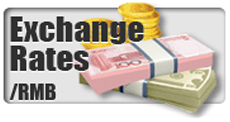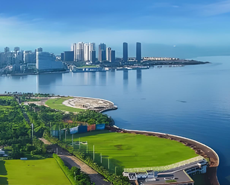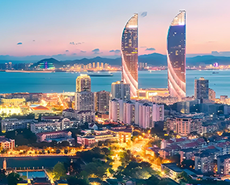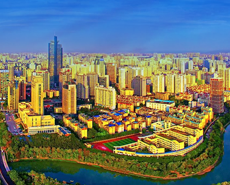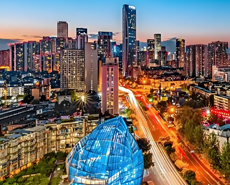
Upward manganese price trend not to last for a long time
----Interview with Zhong Jun
Sales Director
Zhanjiang Zhongding International Trading Co., Ltd.
Sales Director
Zhanjiang Zhongding International Trading Co., Ltd.
Located in Zhanjiang City, Guangdong Province, Zhanjiang Zhongding International Trading Co., Ltd. is a large-scale comprehensive enterprise integrating mineral product processing and international trade based on its cut-edged advantage by adjacent to Zhanjiang Port, and its comprehensive strength is among the top of the same industry in the country. The company focuses on independent imports, exports, distribution and delivery of bulk goods like iron ore, manganese ore, alloy, etc, directly importing a large amount of manganese ore and iron ore from abroad every year by making full use of location adjacent to Zhanjiang Port.
Asian Metal: Hello, Mr. Zhong. Thank you very much for accepting this interview from Asian Metal. First of all, please briefly introduce your company's manganese ore business.
Mr. Zhong: Hello. Our company is currently mainly engaged in Gabonese and South African ores and other minor minerals. The Gabonese manganese ore is mainly graded at 44.5% and 46.5% while the South African manganese ore is mainly graded at 36-37% with some of medium-Fe ore at 43-44% Mn, 10-12% Fe. Sometimes, we also deal with some minor minerals like South African powder ores with grades at 36.5% Mn, 4.8% Fe, 0.019 % P and 0.03% S as well as South African high-silicon manganese ore with grades at 31.5% Mn and 22% Si, etc.


Asian Metal: The current price of manganese ore is rising. What do you think is the main reason?
Mr. Zhong: The global demand for manganese ore is well and thus the price increase is reasonable. However, the surging prices still lack supports. From April 2017, rebar prices continued to increase in China, largely helping silicomanganese demand to be released. As a result, the output of silicomanganese increased significantly, supporting the manganese demand to get recovered. From January to December 2017, China imported about 21 million tons of manganese ore, up by about 4 million tons from 2016. Therefore, the price surely increased. However, from late 2017 till now, 50% of the production was restricted for blast furnaces in Hebei and Shandong due to the heating season, sharply curbing the demand for silicomanganese. Nevertheless, the supports were fragile for high-level price and the increase would not last for long solely propped by mines.


Asian Metal: How about the current stock of manganese ore at Qinzhou Port?
Mr. Zhong: Stocks of manganese ore at Qinzhou Port reach about 40,000t currently, lower than the regular level of 70,000-80,000t. However, from mid-March till now, downstream alloy prices have continued to decline, resulting in relatively sluggish deals of manganese ore at present. Meanwhile, offers climbed up continuously from overseas mines, which have risen to USD8.9/mtu for Australian ore delivered in April and offers for Gabonese ore rose to USD8.8/mtu by following the trend. Downstream consumers are cautious to make purchases of high-priced manganese ore and stocks at Qinzhou Port are expected to be in low possibility for rebuilding in short term.
Asian Metal: Miners like UMK, BHP, COMILOG, etc. have consecutively raised offers of manganese ore to China recently. How about your purchase of manganese ore for March to May?
Mr. Zhong: We only rebuilt a small amount of stocks, mainly based on consideration of sharp changes in domestic manganese ore prices and rapid circulations. If we build stocks in bulk, risks will be higher. Thus, we only rebuilt limited stocks instead of large quantities.


